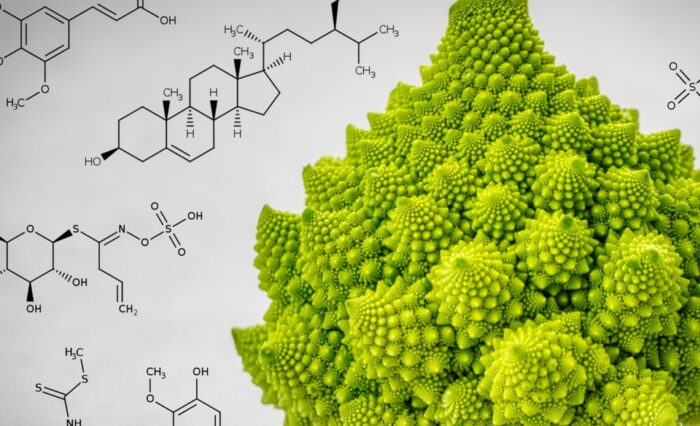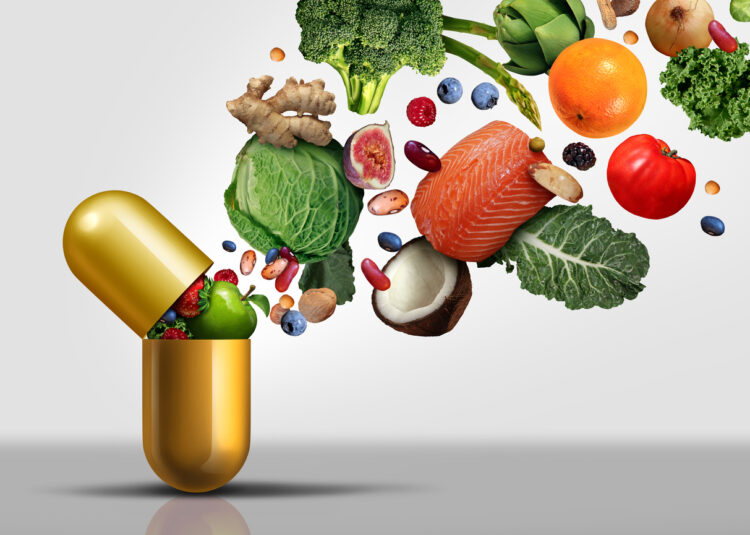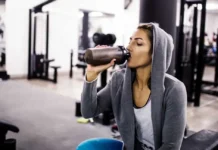
With our society’s current obsession with youth and beauty, it’s no wonder that the market for antiaging supplements is booming. But with so many different products to choose from, it can be hard to know which ones are actually worth your money. We will help you sort out the facts from the fiction when it comes to antiaging supplements so that you can make an informed decision about which ones are right for you.

Vitamins A, B, and C
As we age, our bodies become less efficient at producing antioxidants. Antioxidants are important because they help protect our cells from damage caused by free radicals. Free radicals are unstable molecules that can cause cell damage and lead to inflammation.
There are many different vitamins and supplements that can be taken to help with the anti-aging process, but some are more effective than others. Vitamins A, B, and C are all great choices for those looking to take supplements to help with the aging process.
Vitamin A is known for its ability to help keep skin looking young and healthy. It can also help to reduce the appearance of wrinkles. Vitamin B is important for maintaining good skin tone and elasticity. It can also help to boost collagen production, which helps keep skin looking firm and youthful. Vitamin C is a powerful antioxidant that can help to protect skin from damage caused by free radicals. It can also help to stimulate collagen production and reduce the appearance of fine lines and wrinkles.
You can get these vitamins from foods like fruits and vegetables, or you can take antiaging supplements. If you decide to take supplements, make sure to talk to your doctor first to make sure they’re right for you.
Fish oil
We all know that fish oil is good for our health. It’s a rich source of omega-3 fatty acids, which are essential for maintaining a healthy heart and brain.
But what you may not know is that fish oil can also help to keep your skin looking young and healthy.
Fish oil supplements are packed with omega-3 fatty acids, which have been shown to help reduce inflammation and improve the appearance of the skin. Omega-3 fatty acids are also known to promote collagen production, which helps keep skin looking plump and elastic.
There is strong evidence to suggest that omega-3 fatty acids can help to reduce the risk of age-related diseases such as Alzheimer’s disease and dementia. They may also help to improve brain function in older adults.
These acids are available in supplement form or they can be consumed by eating fish such as salmon, mackerel, and herring. They are also found in flaxseeds, chia seeds, and walnuts.

Coenzyme Q10
One of the best antiaging supplements to take is coenzyme Q10 (CoQ10). CoQ10 is a nutrient that helps to protect cells from damage and it also has powerful antioxidant properties.
Research has shown that CoQ10 can help to decrease the risk of heart disease, cancer, and other age-related diseases. It can also help to improve cognitive function and increase energy levels.
CoQ10 is found naturally in the body, but levels decline with age. Taking a supplement can help to increase levels of CoQ10 in the body.
There are no known side effects of taking these supplements. However, it is always best to speak with a healthcare professional before starting any new supplement regimen.
Phytochemicals
As we age, our bodies become less efficient at producing the chemicals that keep us looking young and vibrant. Phytochemicals are compounds found in plants that can help to replenish our stores of these youth-promoting chemicals.
There are many different types of phytochemicals, but some of the most effective for anti-aging purposes include:
Resveratrol: found in grapes, berries, and peanuts, resveratrol has been shown to protect against cell damage and improve collagen production
Curcumin: a powerful antioxidant found in turmeric, curcumin has been shown to protect against wrinkles and other signs of aging
Green tea: rich in antioxidants and polyphenols, green tea has been shown to promote healthy skin and hair
These are just a few of the many phytochemicals that can help to keep us looking young and healthy as we age. To get the most benefit, aim to include a variety of these compounds in your diet.

Probiotics
There’s no doubt that Probiotics are having a moment, with many people touting them as a cure-all for everything from digestive issues to skin problems. But are they really all they’re cracked up to be?
Probiotics are live bacteria and yeasts that are good for your health, particularly your digestive system. They can help balance out the good and bad bacteria in your gut and have been linked with a whole host of health benefits.
However, it’s important to remember that not all probiotics are created equal. Different strains can offer different benefits, so it’s important to choose a product that contains the strains you’re looking for. And while probiotics are generally considered safe, there is always the potential for side effects, so it’s important to speak to your doctor before taking them.
So, bottom line? Probiotics can be a helpful addition to your diet, but they’re not a miracle cure-all. Be sure to do your research and talk to your doctor before taking them.
Supplements to avoid
Not all of these supplements are backed by scientific evidence. In fact, some of them may even be harmful. Here is a list of some common supplements that you should avoid if you’re concerned about aging:
- Supplements that contain unproven ingredients.
- Supplements that make unrealistic claims.
- Supplements that can interact with medications.
- Supplements that have side effects.

Final words
There are a lot of antiaging supplements on the market, and it can be tough to know which ones to take. Our advice is to talk to your doctor about which supplements are right for you, based on your specific needs. In general, though, taking supplements that contain antioxidants and vitamins A, C, and E can help protect your skin from damage and keep it looking young and healthy.











